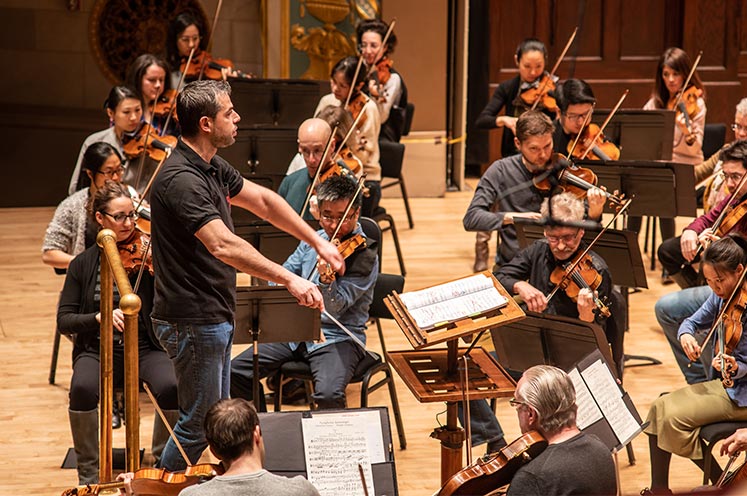Art Therapy
Learn more about the Art Therapy at Henry Ford Cancer, including what programs are available.
The old definition of cancer survivorship meant being cured. Now, as cancer treatment has advanced to help extend life and even manage cancer as a chronic condition, survivorship has evolved to mean empowerment – taking control of the rest of your life.
 “For some people, survivorship starts when they receive a cancer diagnosis,” says Cassandra Smith, a nurse practitioner who leads Henry Ford Cancer’s Survivorship Clinic. “For others, it’s when they finish treatment. And many people say it’s when their scans are cancer-free, or when they diligently manage their cancer as a chronic disease.”
“For some people, survivorship starts when they receive a cancer diagnosis,” says Cassandra Smith, a nurse practitioner who leads Henry Ford Cancer’s Survivorship Clinic. “For others, it’s when they finish treatment. And many people say it’s when their scans are cancer-free, or when they diligently manage their cancer as a chronic disease.”
Regardless of when survivorship starts, the goal is always the same: Thrive and live longer. Survivorship may include a greater appreciation of life and more self-acceptance. Others may find it difficult to navigate anxiety about cancer recurrence, physical problems, work concerns and relationship issues.
To help manage emotional and physical stress, Cassandra encourages survivors to explore integrative medicine:
On a deeper level, Cassandra says survivorship for patients – and even for their caregivers – might be defined as being given a second chance to live with greater purpose.
Learn more about the Art Therapy at Henry Ford Cancer, including what programs are available.


The David DiChiera Music Therapy Program brings music therapy to cancer patients, their families and caregivers.
We use cookies to improve your website experience. By using this site, you agree to our Terms of Use. Read our Internet Privacy Statement to learn what information we collect and how we use it.